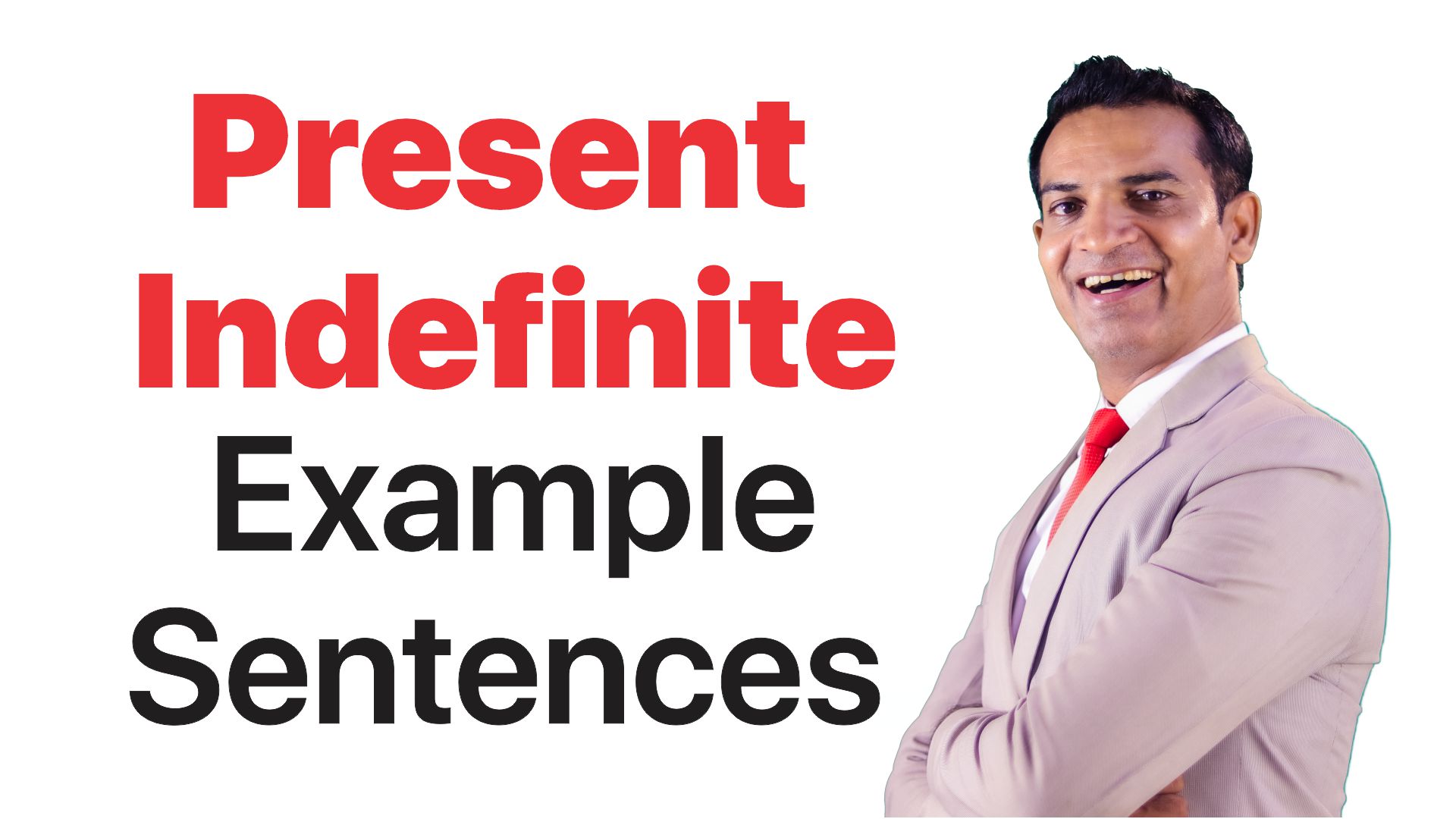Common English Grammar Errors and Their Answers

For those learning English for the first time it may be difficult to know at first instance correct English grammar.
However, this should not dishearten you as a learner; here are a few tips on how to avoid common mistakes.
These tips will ensure that you have effective communication skills at hand and prevent unnecessary embarrassment.
Their/There/Theirs/They’re
Sometimes it may be difficult to distinguish words that may almost sound the same.
Such as the example given above, their, there, theirs and they’re.
The most important thing to avoid making mistakes while using them in sentences is to first know their meaning.
‘Their’ denotes ownership of a certain object or thing by a group of people.
‘There’ is a word used to describe a place being talked about while ‘they’re’ is used to denote the actions of a group of people.
Illustrated in sentences;
Their mother has gone home (Their here is used to describe whose mother is being talked about).
They’re going home tomorrow (They’re used to describe the action of these people going somewhere).
The cat was found there (There is used to describe the place where the cat was found).
If all the words are used in one sentence: Their mother has gone there and found that they’re on their way home.
Your/ you’re
The first word ‘your’ is used to illustrate ownership while the second word ‘you’re’ is used to illustrate a particular state of things.
They can never be used interchangeably as they have different meanings.
Examples in sentences:
Your cat has ruined my curtains (Ownership of the cat).
You’re the person assigned to this task (Denotes the state of being the person in charge of the task).
Comparing in a complete manner
Sometimes writers usually forget to compare an item in a complete manner when they want to illustrate the good qualities of the same product.
This is may be considered a tactic for effective advertising for most people who are looking to sell their products.
The problem is that even when making these comparisons they do not actually the product they are comparing to and so it is usually very confusing.
For example; the bulb lights brighter, longer and faster.
Suspended descriptive phrases
Use of correct English grammar also means that you phrase English sentences that are not hanging.
For example Due to the increase in profits, Phoebe went ahead to buy more produce.
As you can see someone reading the sentence will take it to mean that the increase in profits were made by Phoebe or that increase in profits are known as Phoebe.
The sentence is ambiguous and can be taken to have different meanings.
The appropriate sentence would be Phoebe went ahead to buy more profits, due to the increase in profits.
Appropriate use of apostrophes
When we delve into the area of possessive nouns we find that there is the use of ‘s’ to denote ownership.
However, sometimes adding an apostrophe and then an s can be challenging because of confusion on its appropriate use.
Some of the guiding principles would be;
When denoting ownership by a singular party which is a noun, use of the apostrophe should come at the end with the addition of an‘s’ at the end of the sentence.
For example, the cow’s tail, the bird’s feathers and the car’s headlights (all the nouns mentioned in these examples are in singular form).
When denoting ownership in plural form the apostrophe should appear at the end of the plural status of the nouns.
For example, the babies’ cots, the teachers’ desks (note that the nouns are in plural form).
Sometimes some nouns may end with an s such as boss or James.
In order to show ownership an apostrophe should be added at the end followed by an s, for example boss’s work.
You/ Me/ I
Most people find themselves confused about the correct usage of these pronouns.
Most English speaking persons would heavily advise on using I after you in a sentence.
For example ‘Him and I’ or ‘she and I’, it may not be prudent to use I when describing objects in a sentence.
If you are referring to yourself together with another person in a sentence the most appropriate pronoun would be me.
Given a practical example in a sentence for example, ‘When you are finished with the computer please hand it over to Jane or I’.
This is wrong phrasing of a sentence because if for example you were to omit Jane from the sentence then the use of I would be absurd.
The sentence would run like this, ‘When you are finished with the computer please hand it over to I.’ See the way it sounds awkward and misplaced, instead use of the word me would most appropriate.
These examples are just a sample of common English grammar mistakes that most English speakers and writers make; I hope they prove to be useful.
Invalid YouTube URL
For those learning English for the first time it may be difficult to know at first instance correct English grammar.
However, this should not dishearten you as a learner; here are a few tips on how to avoid common mistakes.
These tips will ensure that you have effective communication skills at hand and prevent unnecessary embarrassment.
Their/There/Theirs/They’re
Sometimes it may be difficult to distinguish words that may almost sound the same.
Such as the example given above, their, there, theirs and they’re.
The most important thing to avoid making mistakes while using them in sentences is to first know their meaning.
‘Their’ denotes ownership of a certain object or thing by a group of people.
‘There’ is a word used to describe a place being talked about while ‘they’re’ is used to denote the actions of a group of people.
Illustrated in sentences;
Their mother has gone home (Their here is used to describe whose mother is being talked about).
They’re going home tomorrow (They’re used to describe the action of these people going somewhere).
The cat was found there (There is used to describe the place where the cat was found).
If all the words are used in one sentence: Their mother has gone there and found that they’re on their way home.
Your/ you’re
The first word ‘your’ is used to illustrate ownership while the second word ‘you’re’ is used to illustrate a particular state of things.
They can never be used interchangeably as they have different meanings.
Examples in sentences:
Your cat has ruined my curtains (Ownership of the cat).
You’re the person assigned to this task (Denotes the state of being the person in charge of the task).
Comparing in a complete manner
Sometimes writers usually forget to compare an item in a complete manner when they want to illustrate the good qualities of the same product.
This is may be considered a tactic for effective advertising for most people who are looking to sell their products.
The problem is that even when making these comparisons they do not actually the product they are comparing to and so it is usually very confusing.
For example; the bulb lights brighter, longer and faster.
Suspended descriptive phrases
Use of correct English grammar also means that you phrase English sentences that are not hanging.
For example Due to the increase in profits, Phoebe went ahead to buy more produce.
As you can see someone reading the sentence will take it to mean that the increase in profits were made by Phoebe or that increase in profits are known as Phoebe.
The sentence is ambiguous and can be taken to have different meanings.
The appropriate sentence would be Phoebe went ahead to buy more profits, due to the increase in profits.
Appropriate use of apostrophes
When we delve into the area of possessive nouns we find that there is the use of ‘s’ to denote ownership.
However, sometimes adding an apostrophe and then an s can be challenging because of confusion on its appropriate use.
Some of the guiding principles would be;
When denoting ownership by a singular party which is a noun, use of the apostrophe should come at the end with the addition of an‘s’ at the end of the sentence.
For example, the cow’s tail, the bird’s feathers and the car’s headlights (all the nouns mentioned in these examples are in singular form).
When denoting ownership in plural form the apostrophe should appear at the end of the plural status of the nouns.
For example, the babies’ cots, the teachers’ desks (note that the nouns are in plural form).
Sometimes some nouns may end with an s such as boss or James.
In order to show ownership an apostrophe should be added at the end followed by an s, for example boss’s work.
You/ Me/ I
Most people find themselves confused about the correct usage of these pronouns.
Most English speaking persons would heavily advise on using I after you in a sentence.
For example ‘Him and I’ or ‘she and I’, it may not be prudent to use I when describing objects in a sentence.
If you are referring to yourself together with another person in a sentence the most appropriate pronoun would be me.
Given a practical example in a sentence for example, ‘When you are finished with the computer please hand it over to Jane or I’.
This is wrong phrasing of a sentence because if for example you were to omit Jane from the sentence then the use of I would be absurd.
The sentence would run like this, ‘When you are finished with the computer please hand it over to I.’ See the way it sounds awkward and misplaced, instead use of the word me would most appropriate.
These examples are just a sample of common English grammar mistakes that most English speakers and writers make; I hope they prove to be useful.
0Comments
Like
Comment
Send
Top Rated Courses
Test Your Skill Set

Do you want to check how much tellented you are? Test your skill here and get certificate.





























 Instagram
Instagram
Comments